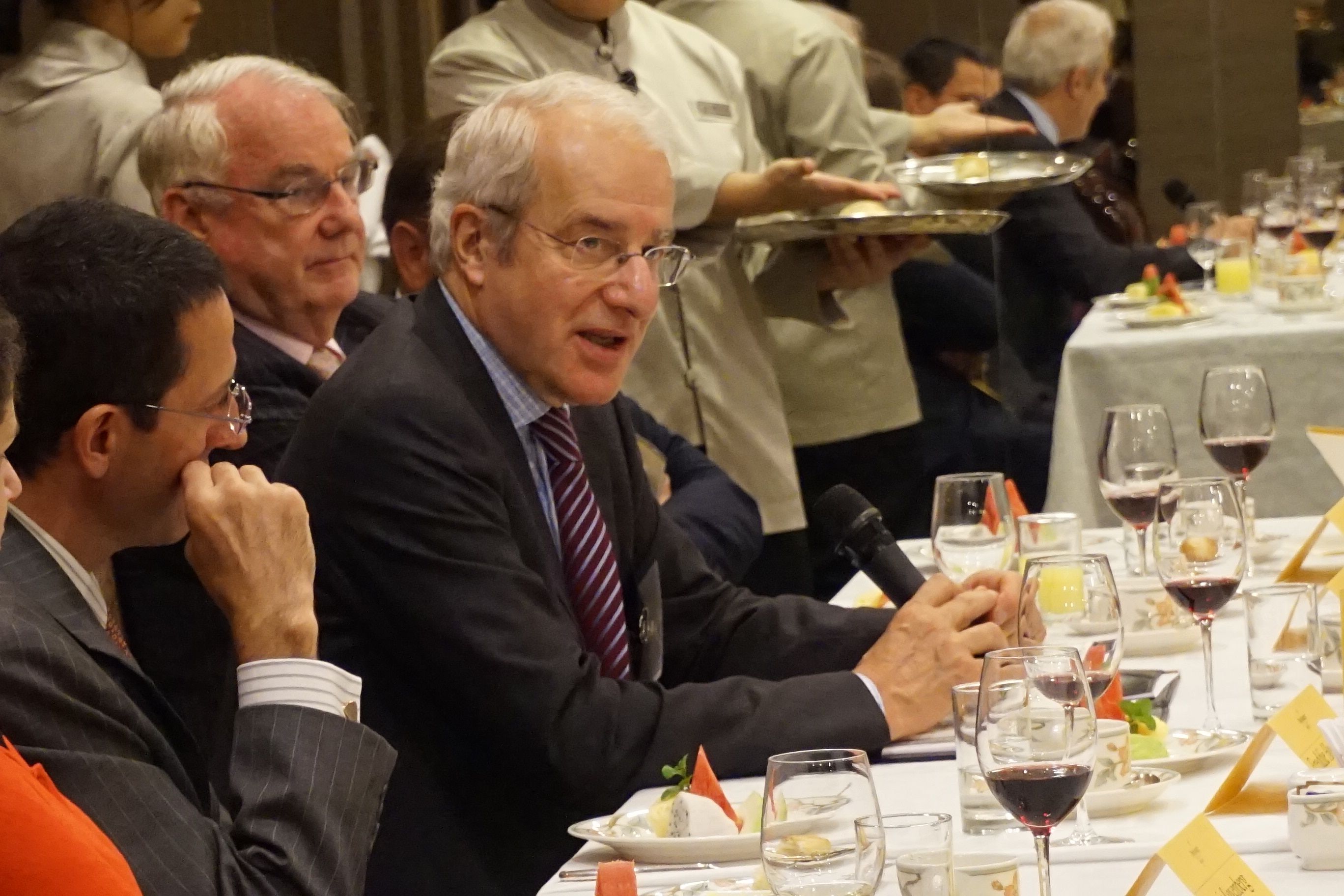Overview of the incoming European Commission

The new group of 28 commissioners has been ratified by the European Parliament and will take office on 1 November 2014.Given that there are 28 commissioners, it has often been argued that there are too many portfolios and that this sometimes reduced effectiveness. However, Juncker has said that he wants to improve coordination and streamlining in future. He hopes to accomplish this by increasing the coordination role of the seven vice presidents, each of whom has been tasked with coordinating policies in specific areas. The chief coordination role has been assigned to First Vice President Frans Timmermans from The Netherlands, who is to be responsible for better regulation, inter-institutional relations, the rule of law and the charter of fundamental rights. He will be a key person in future policy as he will review all policy proposals in the new Commission. Other vice presidents have been charged with coordinating budget and resources; energy and climate; jobs, growth, investment and competitiveness; the euro and social dialogue; the digital single market; foreign affairs and security policy.Juncker has set ten policy areas to be tackled under his agenda for jobs, growth, fairness and democratic change:
A new boost for jobs growth and investment: Growth is stagnant in the EU and needs to be boosted if the EU is to create jobs.
A connected single digital market: Consolidation of the telecom industry has the potential to trigger enormous investments.
Energy union and climate change policy: This has two elements: security of supply (which has recently become an issue given deteriorating relations with Russia) and increasing the use of renewables. Juncker has stated the goal of making Europe the world leader in renewable energy and to enhance energy efficiency.
A deeper and fairer internal (single) market: This remains an important driver of growth given the sheer size of Europe's market.
A deeper and fairer economic and monetary union: There is much debate internally on how to make the monetary system work better.
A reasonable and balanced free trade agreement with the United States: This will be a difficult negotiation, especially related to regulatory convergence. However, Juncker has made it clear that the EU will not sacrifice safety, health, social and data protection standards or cultural diversity on the altar of free trade. Notably, he has stated that the issues of food safety and the protection of Europeans' personal data will be non-negotiable. Business groups on both sides of the Atlantic (including Business Europe) support a deal but there has been opposition from certain NGOs and parliamentarians.
The other priority areas identified by Juncker are justice and fundamental rights; migration policy; becoming a stronger global actor and making the EU more democratic.
